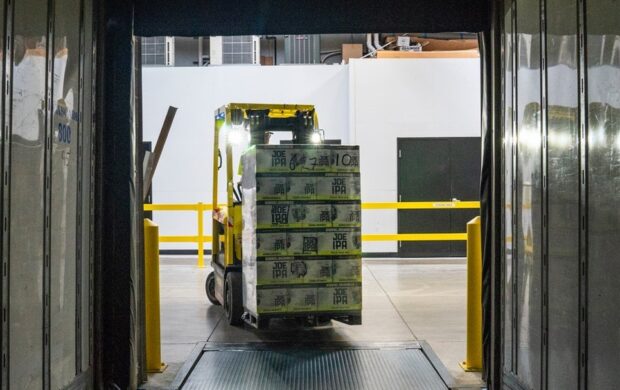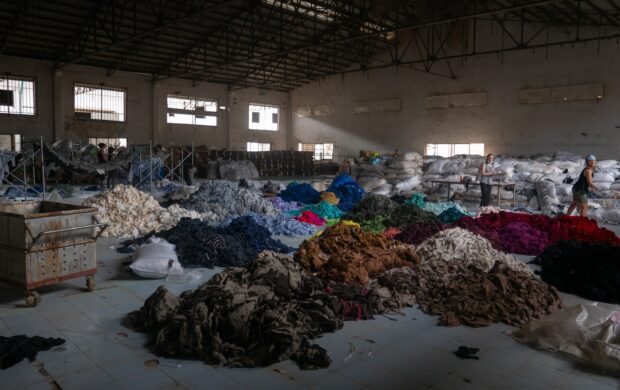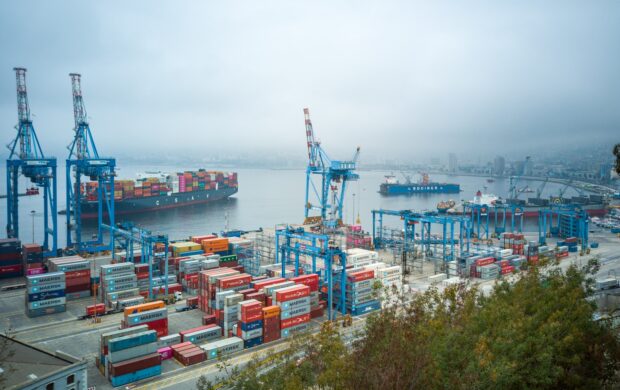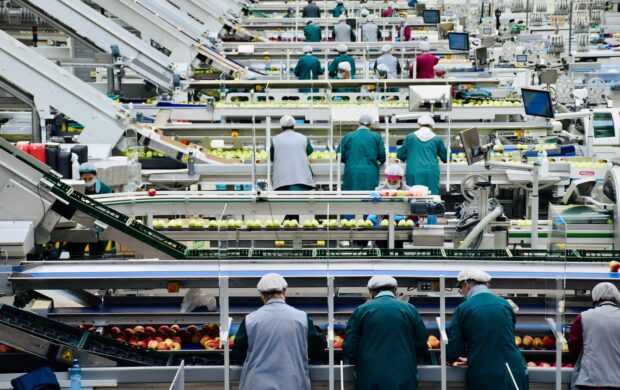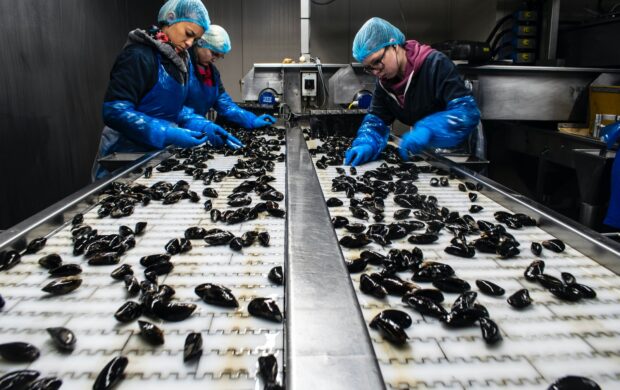With China closing down and India partially banning their exports of medical items to western customers, the coronavirus crisis has been quick to undermine the status of the 20th-century-glorified global supply chains, exposing their high cost, inherent dependencies, and vulnerability in light of the pandemic.
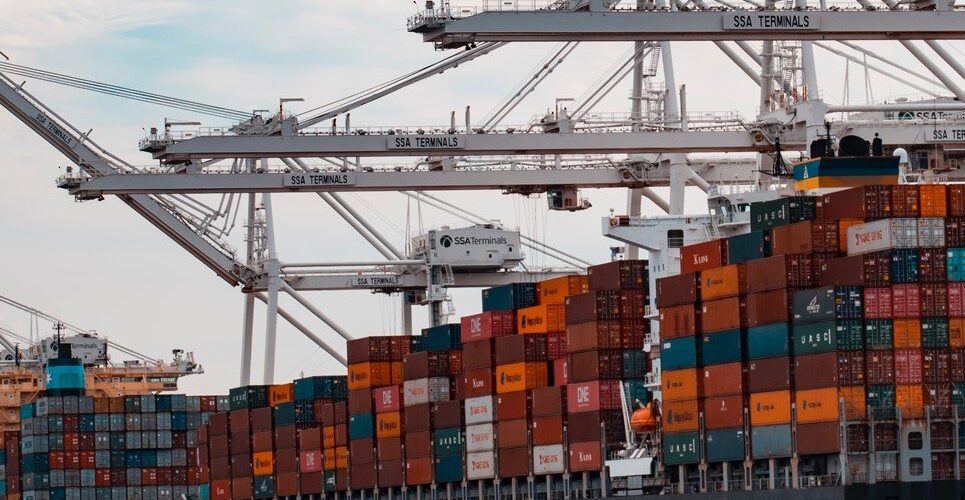
So what?
Although it’s unlikely global supply chains will become a thing of the past, their status undermined in the pandemic might create an unprecedented space to review their hidden costs – the air and sea freight-associated emissions accounting for 4 to 5 percent of greenhouse gas emissions, the above-the-standard pollution levels in supply markets undermining the global climate response, and declining labour cost advantages further weakened by the risks of having single-supply location. And as businesses turn to domestic supply chains during the pandemic, they may find the interim solutions beneficial enough to at least consider them for their post crisis operations.
Signal spotter: Sumi Dhanarajan



